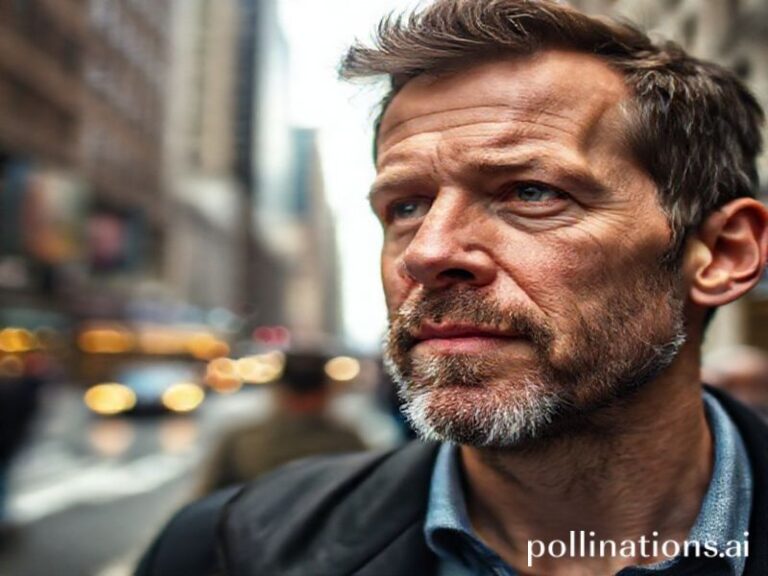Kosovo at 25: The Country Europe Pretends Doesn’t Exist—And Why the World Should Care
**Kosovo: Europe’s Favorite Unfinished Symphony Plays On**
Pristina—Somewhere between the Balkans’ endless coffee culture and the continent’s most creative interpretation of “sovereignty,” Kosovo continues its 25-year quest to convince the world it exists. The young republic—older than TikTok but younger than the iPod—has become something of a geopolitical Schrödinger’s cat: simultaneously independent and not, depending on who opens the diplomatic box.
The numbers are almost endearing. Roughly 1.8 million citizens, 110-ish recognitions, zero UN seats, and a national anthem with no lyrics—because words might offend someone. Spain refuses to acknowledge Kosovo lest Catalonia get ideas; Greece frets about Cyprus; Russia treats the place as a handy “what-about” button whenever someone mentions Crimea; and China eyes Taipei nervously. In short, five permanent Security Council members, five different nervous twitches.
Why should the rest of the planet care about a postage-stamp republic whose GDP is smaller than Malta’s bar tab? Because Kosovo is the canary in the coal mine of global order. The same script—humanitarian intervention, secession, contested recognition—has been photocopied from South Ossetia to Donbas to whatever Beijing imagines for Taiwan. If the world can’t solve the Balkan micro-print, don’t expect clarity when the super-powers start doodling red lines.
Western capitals still pat themselves on the back for the 1999 NATO bombing campaign that halted Serbia’s ethnic cleansing. Humanitarian triumph, they call it. Others, mindful of international law’s fine print, prefer “illegal but legitimate,” a phrase lawyers invented when they want dessert but also want to stay on a diet. Since then, the EU has pumped in more euros per capita than a Berlin club on payday, hoping that economic sugar will make the sour politics go down. The result: a Starbucks-sipping elite in Pristina, an unemployment rate that rivals Greek tragedy, and a visa regime that forces any Kosovar with ambition to learn Serbian—so they can pretend to be someone else at the consulate.
Meanwhile, Belgrade and Pristina play an annual tango choreographed by Brussels. Every year the EU dangles visa liberalization like a plastic key ring; every year the dance ends with stepped-on toes and a new German envoy. The latest step is the “Ohrid Agreement,” a document so fragile it must be stored next to the Fabergé eggs. Serbia promises not to block Kosovo in international organizations; Kosovo promises not to kick Serbian municipalities out of bed. Neither side actually signed the paper—they just agreed that they agreed, a diplomatic achievement previously thought possible only in marriage counseling.
Washington, ever subtle, recently waved an F-35 at the problem: build a big enough American military base (Camp Bondsteel already covers 955 hectares) and sovereignty becomes a moot point. Russia and China grumble about “Western neocolonialism,” apparently preferring their own brands. Turkey arrives with soap-opera soft power and construction contracts, while Gulf investors scout for “halal tourism” opportunities—because nothing says vacation like mountains that once hosted airstrikes.
The real twist is demographic. Half of Kosovo’s population is under 25, fluent in three languages, and busy catfishing EU immigration algorithms on TikTok. They’ve already outsourced patience to their grandparents. Give them another decade of visa walls and watch them vote with their feet, emptying the country faster than you can say “brain drain.” Europe will discover a brand-new border crisis, this time with Wi-Fi.
So Kosovo remains the international community’s favorite homework assignment: everyone knows it needs doing, nobody wants to grade it, and the dog ate the sovereignty chapter. The moral? In the 21st-century exam hall, the hardest question isn’t “What is a nation?” It’s “Who gets the red pen?”—and whether anyone still believes in extra credit for good behavior.







